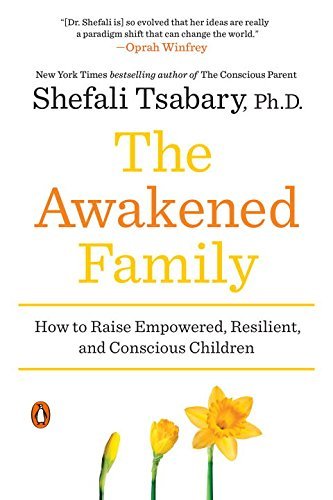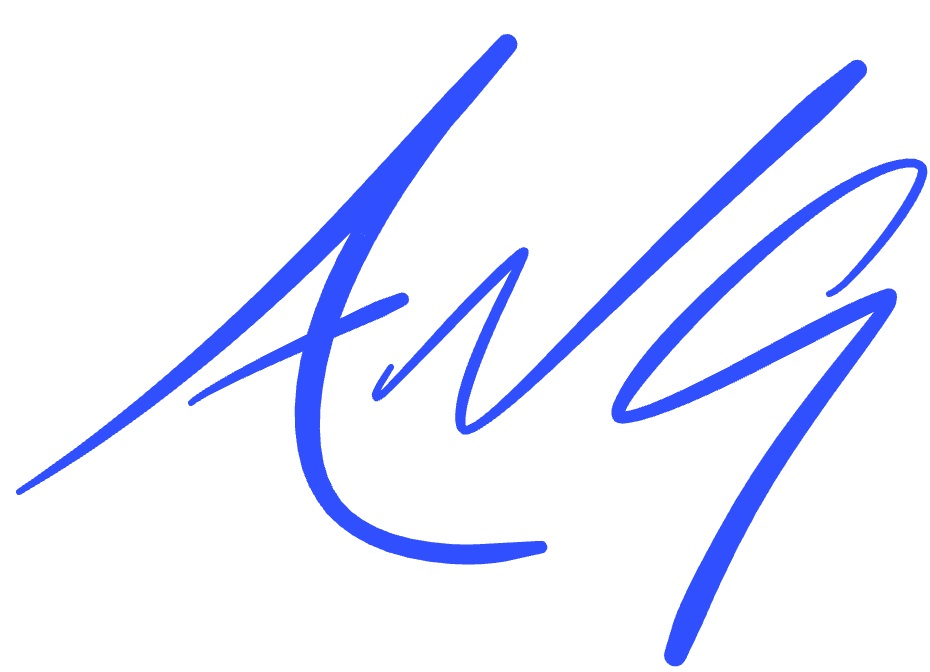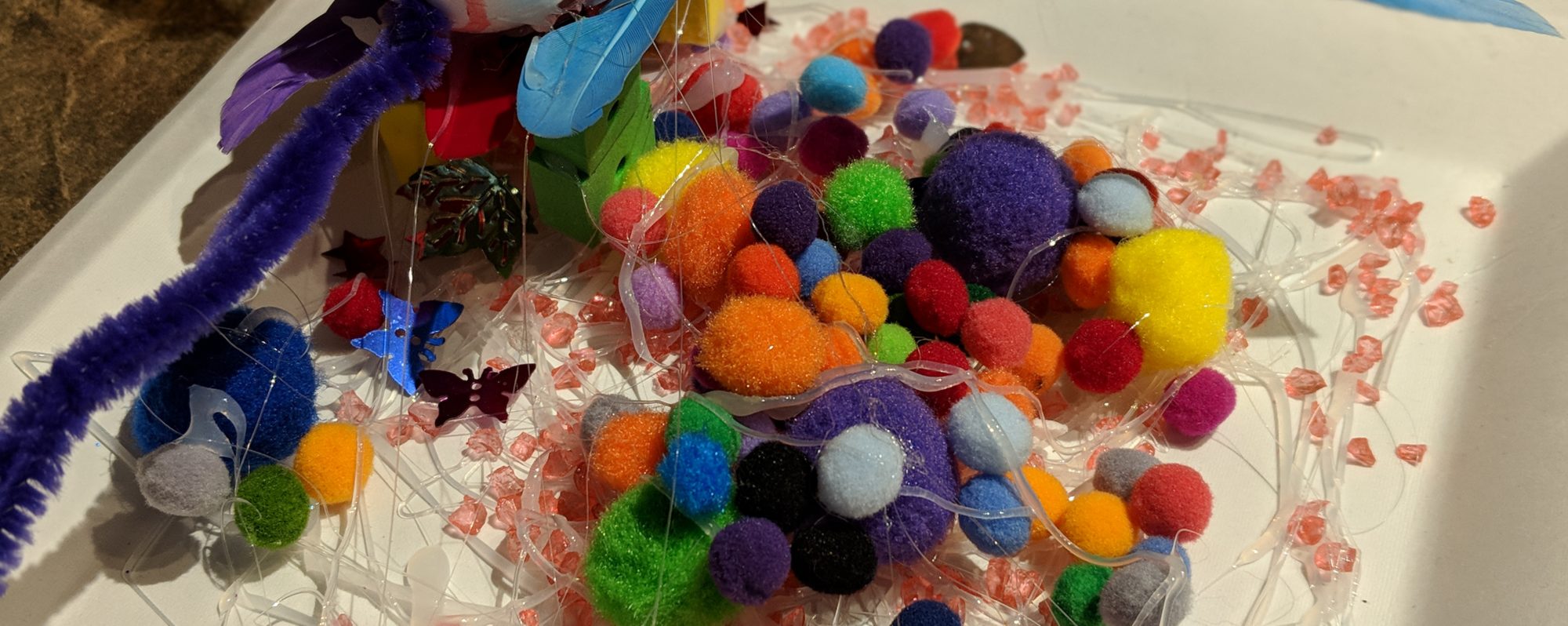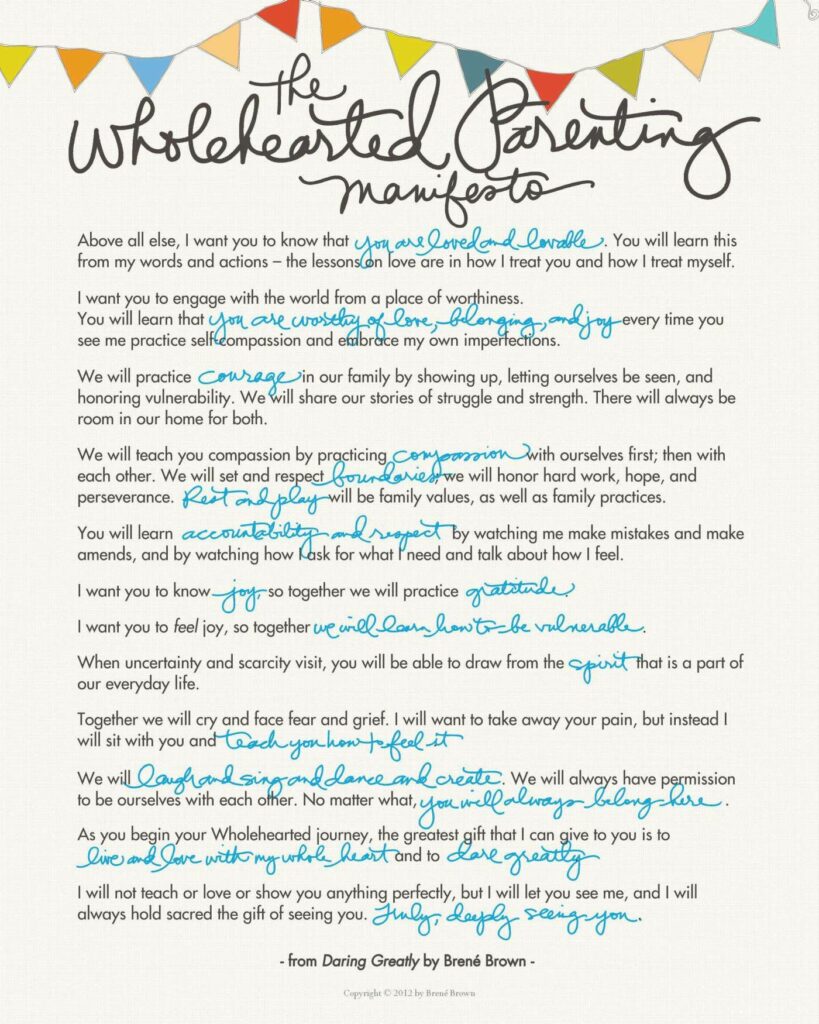Parenting. Is. Hard.
Please don’t get me wrong, I love my little dudes. But I’m really glad their dad took them to the mall to run off some of their pent-up energy today. And we were having a pretty good day! So, if it’s hard when it’s good, what is it saying about the not-so-good times?
Perhaps this is why I’ve found myself in conversations centered around parenting nearly every day for the past week, with different people each time. Even though it’s easy to get judgy about the topic, all parents are clearly in the same boat; we are entangled in this complexity – with our families, with one another, and “…in the emotional patterns of our ancestors” (p. 166) –as Dr. Shefali tells us in her game-changing book The Awakened Family.

The emotional patterns of our ancestors? Really? At first glance, it seems a bit much; however, my parents’ parenting is obvious in my own, and I’ve definitely had moments with my grandparents that shed some light on my parents.
The Awakened Family was instrumental in saving my relationship with my first-born son. Neither of us were able to manage the extended and consistent periods of frustration about his behaviour, whether there were complaints about how he was treating his brother or the way he was talking to me during our tension-filled mornings. Something had to give, and I needed some guidance to get us out of a joyless rut.
At first glance, the book can bring forth an overwhelming feeling of guilt because it really focuses on parents’ thoughts and behaviours, rather than the child’s. At the same time, it offered me an opportunity for grace. Naturally, my choices will have a significant impact on my children; however, the book also addresses the fact that each of us exists in this time, place, and circumstance, because of the way our histories collide with our present. Much of that is out of my control, so somewhere between this is all my fault and there’s nothing I can do lies a little bit of permission. For me, The Awakened Family gave became the permission slip I needed to examine my role in my kids’ behaviour, without owning the whole damn thing.
Bilyeu, T. (2017, September 05).
How to Become a Better Parent | Dr. Shefali on Impact Theory. Retrieved April 06, 2019, from https://youtu.be/8HnOYn1CUzo
I began to notice and observe the entanglement of my behaviours with those of my children’s and consider why each of us might be doing or saying certain things. What I observed became valuable information on which to base decisions about my family. For example, I experienced a bit of a revelation when I heard myself asking my #1 son, “Why do you have to control everything!?!”
As the last words left my mouth, I felt the earth tilt, just a little, under my feet. All the time I’ve spent telling him what to say, how to say it, what to eat and how to eat it came flooding back. Sure, I could have spent time complaining about how I’d come by these tendencies honestly, but the past is out of my control. Instead, I reflected upon how I might be inadvertently teaching him how to be controlling. Afterall, I am a pretty good teacher …
Breath.
In that moment, I made a choice to notice the times when I was overly prescriptive with my kids, and you might not be surprised to hear that there were no shortage of examples. Making a concerted effort to keep my mouth shut, unless a correction was absolutely necessary, was difficult at times. However, as I observed the kids becoming more flexible and forgiving with one another (and me), I was] empowered to continue with further noticing.
Psychologist Carl Pickhardt takes a slightly different approach to reflection. In an interview with Business Insider, he explains that instead of avoiding our parents’ mistakes, we should try to emulate those aspects of their teachings we want to instill in our own children. I like this idea because it focuses on abundance, rather than scarcity, which is an entirely more joyful way to parent.
It took me a long time to realize that reflections on my parenting should include the successes, too. My kids are deeply reflective, highly emotionally intelligent, and they know how to stand up for themselves and ask for what they need. That didn’t happen by accident. I get to take credit for that, too. After spending a long time in shame about how I was wrecking my kids, I began to actively connect their strengths with positive choices I had made about how to support them through their joys and challenges.
I feel truly confident in my parenting, and I don’t mind saying that it’s one of my gifts. I’m not perfect, but knowing that perfection isn’t a requirement (or even an option) is the most important part] . When I acknowledge my mistakes to my kids, they learn not to expect perfection, from me or themselves.
I’m the parent I need to be. Now. In this moment.
I also know that I don’t parent alone; I work with my husband in a complex network of friends, family, and teachers. I’m not afraid to admit what I don’t know and ask my kids’ teachers for strategies or consult any number of books, websites, or worksheets. As many of you know, I will talk about parenting any chance I get. It’s how I learn, how I check myself, and how I celebrate how far I’ve come.
My passion for parenting probably started when I used to watch parenting guru, Barbara Coloroso, talk about her book Kids are Worth It on PBS television with my mom. Not only was I already reflecting on parenting; I observed my own mom trying to navigate the trials and tribulations of keeping my brothers and me on the right track.
It’s interesting to think about those parenting specials now because Bréne Brown (empathy and vulnerability expert) recently joined Lewis Howes’ podcast and offered one clear goal for parenting: the best we can hope is to raise kids who ask for help. I think that’s what I observed in my mom – the ability to accept that it’s okay to not know all the answers, and it’s even more okay to seek help. One thing I know for sure is that our kids are always watching us and listening to us, even when, and especially when, the situation doesn’t appear relevant to them.
That’s why I decided to create this post, not as a place to download all my parenting advice, but to share a bit of my journey and create a conversation that highlights the many connections we share as parents. In my experience, creating the conditions to share the reality of our experiences, rather than the imaginary versions of reality often seen on social media, allows us to lift each other up and talk about what really matters.
All things considered, I think these are the five most important practices (because they require continuous practice) of my parenting:
- I make sure that my kids know that I love them unconditionally. Not when they are good because kids are inherently good, and not when they win because that doesn’t matter. I love them because they are. That’s it. In case I think they might have forgotten, I ask, “Why do I love you?” My #2 will always say, “Because I’m me.” (My #1 will make a silly joke about the whole thing. Don’t know where he gets that from).
Barbara Coloroso shares her critical life messages [Video file].Retrieved April 06, 2019, from http://www.kidsareworthit.com/you-tube.html
- I apologize when I make a mistake. I don’t always get it right, so pretending like I do will only create resentment in my kids. Beyond that, apologizing shows my kids how to let go and change course when they discover they are wrong. But most importantly, when I show them that I’m comfortable with imperfection, they have permission to be imperfect as well.
- This one’s from Barbara Coloroso back in the day: If the situation is not life threatening or morally wrong, I let my kids choose for themselves. As hard as it is for the recovering-perfectionist in me, I let my sons make as many decisions as possible. They always know that I will help if they need it, and I will talk it out with them if they mess up, but they get to own their mistakes and successes. This also connects to point one because, in the chance they make a sideways choice, they will know that I love them anyway.
EL-Cheikh, H. (2014, March 15).
How to teach children how to think- Coloroso [Video file]. Retrieved April 06, 2019, from https://youtu.be/LZMZ_5wLC5w
- I tell my kids that I trust them and their instincts. If I’m always telling them what to do and how to think, how will they learn to listen to their own inner voice? How will they learn to manage the stress that that comes with thinking and acting for themselves and experiencing the consequences? I need to know that they can operate when I’m not around, and they need the confidence to do so.
- I let my kids challenge me. This is a bit of a philosophical one. I want my kids to know that they have a sense of agency in our home, so they can carry that notion with them into their world. I think we all want our kids to be able to stand up for themselves, but we don’t really like it when they practise on us. Though it is not always an easy path, I want to show my kids how to negotiate, how to consider the impact of their actions, and how to see their voice as worthy. But when they are entering into these negotiations, they must be able to meet in the middle because they will not get their own way all the time, or ever. I want them to understand Wahkohtowin; we are all related. Whatever we choose to stand up for will affect those around us, so we need be mindful of the impact we make on one another and the world.
With these practices in my tool belt, I’m finding it more joyful way to ride the waves that parenting brings. Just the other day, as I was putting #1 to bed, and asked him, “What’s your favourite and least favourite thing about mommy?”
With a sense of steadiness I didn’t always have, I took a breath and waited for the answers. First, he said his favourite thing is when I let him have treats. Really kid? You’re looking at a rockstar parent, and that’s all you’ve got? But when I tried to interpret his response, I understood his real intention: “I like it when we throw caution to the wind and just have fun.” That I can do.
As for his least favourite? “Sometimes I feel like you’re on my brother’s team.”
Breath.
Channeling my inner Brene Brown, I called deep on my courage and thanked him for being honest with me. I told him I could see how he felt that way sometimes, and we would work on that together.
Because somewhere between this is all my fault and there’s nothing I can do lies a little bit of permission.


